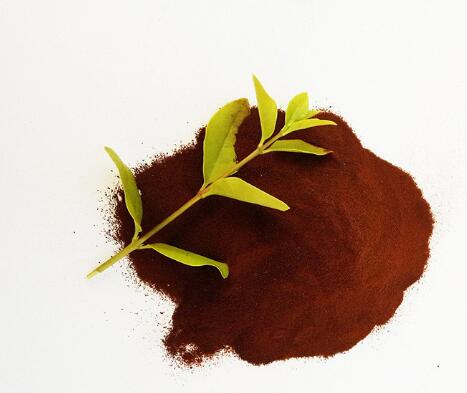
2020-05-18
fulvic acid in manure orPotassium humateOr organic collagen forms colloidal organic matter in the soil, which can bond the soil particles together, increase the water-stable particles in the soil, and cooperate with the water, fertilizer, gas, and heat conditions of the soil, and improve the sand and viscosity. It has a very good effect on poor soil quality, thereby improving the ecological and environmental protection of crops. In improving saline-alkali soil, potassium humate is rich in active genes and has a large salt-base exchange capacity, which can make the soluble salt in the soil adsorb and Retain a large number of harmful cations, reduce soil salt concentration, and reduce the pH of saline-alkali soil, thereby improving the ecological and environmental protection of crops.
The soil quality, moisture, nutrients, air temperature, light intensity, fresh air and other key factors in the natural environment of crop growth and development constitute the necessary conditions for plant growth. Performance. It can improve the drought resistance function of crops, and the water saving function can be increased by 30%. The effect of water saving and soil consolidation is only lower than the effect formed by plastic film mulching. To improve the cold resistance function of crops, the use of potassium fulvic acid to spray fertilizer on the leaf surface can Improve the resistance of overwintering crops. It has the function of resisting the damage of diseases, insects and weeds. Potassium fulvic acid has a unique effect on preventing and smelting diseases, insects and weeds. It has antibacterial resistance effect when used in combination with pesticides.
According to reports from domestic and foreign materials, potassium fulvic acid has corresponding preventive and metallurgical effects on various plant diseases.
1. Prevention of gibberellin in wheat. According to the experimental report of Ye Meide and others, under the same amount of carbendazim, the rate of diseased ears treated with potassium fulvic acid was reduced by 30% compared with that treated with carbendazim alone. , which improves the prevention effect.
2. Prevention of sweet potato disease. According to the results of Chang Zengrong et al. on the prevention of sweet potato black spot, the root irrigation effect of "potassium and sodium fulvic acid decamethyl thiophanate" is more effective than that of potassium and sodium fulvic acid alone. Better; experiments showed that single application of potassium and sodium fulvic acid or mixed application with thiophanate-methyl had better control effect on sweet potato root rot and black spot.
3. Prevention and smelting of peanut leaf spot. According to the experimental results of preventing and smelting peanut leaf spot after the combination of potassium fulvic acid and carbendazim, potassium fulvic acid and thiophanate-methyl in Baoding Agricultural School, it is fully explained Potassium humate has a synergistic effect on carbendazim and thiophanate-methyl, saves pesticides and reduces costs, and is an ideal pesticide synergist.
4. Prevention and smelting of cotton blight and verticillium wilt. Wang Shuqi et al. systematically studied the control effect and synergistic effect of fulvic acid potassium salt on cotton blight and verticillium wilt. The experimental results show that the use of seed dressing and root irrigation The three application methods of spraying have obvious control effects on cotton blight and verticillium wilt, and with the increase of the dosage or the frequency of application, the control of the disease is also improved.
